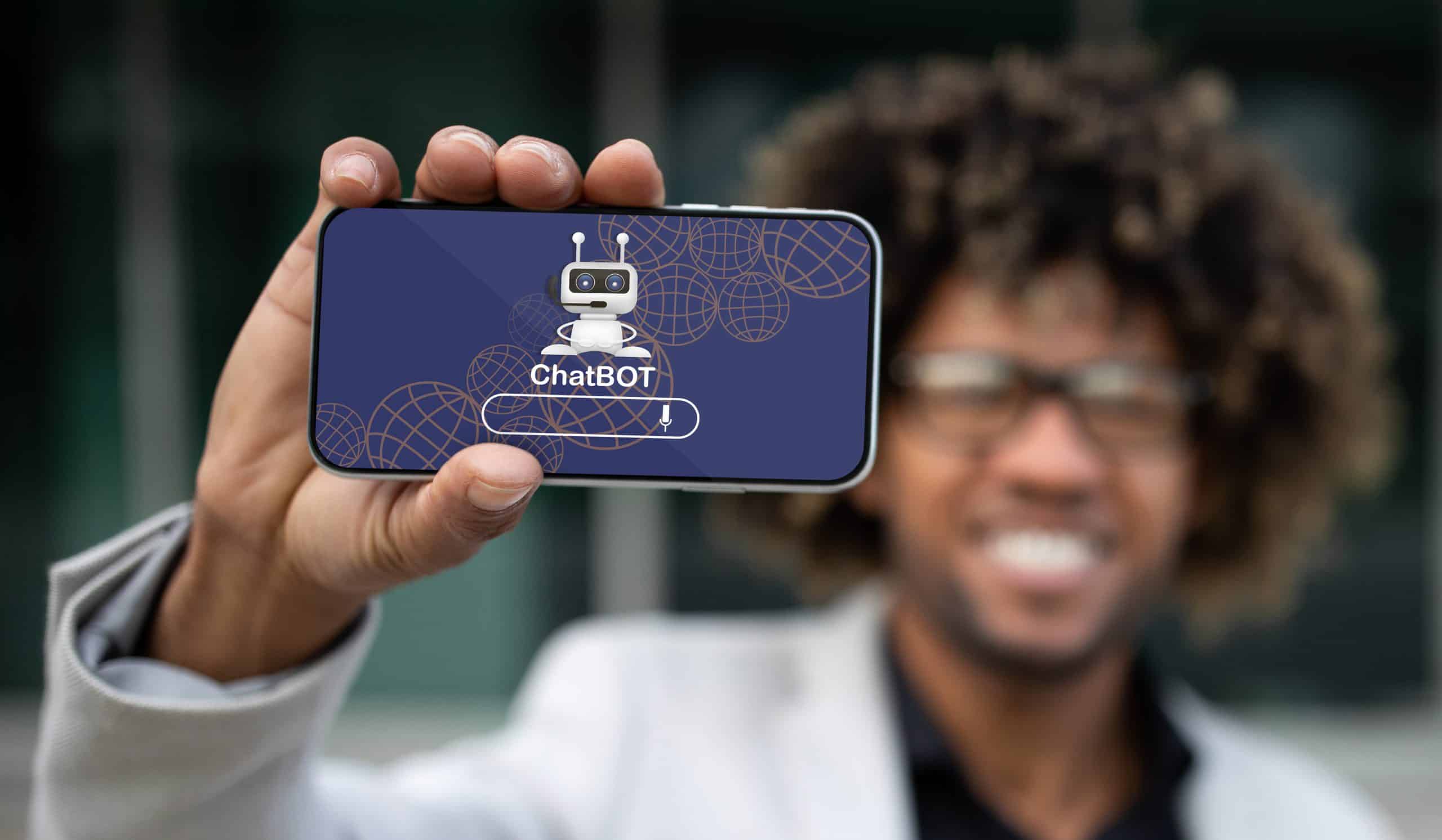As the business landscape continually evolves, companies are constantly looking for ways to keep pace with the ever-increasing expectations of customers. In the hospitality industry, where guest experience is paramount, any tool that can streamline service delivery and improve customer satisfaction is a welcome development. AI-Powered chatbots are proving to be one of these valuable tools. Let’s dive into how chatbots can elevate customer service in the UK’s hospitality sector.
Understanding the Role of AI Chatbots in Customer Service
Before we delve into the benefits and potential use cases of chatbots in the hospitality sector, let’s first understand what a chatbot is. A chatbot, powered by Artificial Intelligence (AI) technology, is a computer program designed to simulate human conversation. It uses natural language processing and machine learning algorithms to understand and respond to customer queries in real time.
A découvrir également : How to Create an Eco-Friendly Capsule Wardrobe that Reflects UK’s Fashion Trends?
In the hospitality industry, chatbots can significantly enhance customer service by providing a personalized, on-demand, and efficient approach to handling guest interactions. They can handle a variety of tasks, from answering frequently asked questions to making reservations. For hotels and other businesses in the sector, chatbots can help reduce labor costs, increase operational efficiency, and improve customer satisfaction.
The Impact of AI Chatbots on Hotel Guest Experience
The hospitality sector is all about creating memorable experiences for guests. This is where AI-powered chatbots can make a real difference. They can handle multiple guest interactions simultaneously, 24/7, giving guests the ability to get instant responses at any time of the day or night. This immediacy not only enhances the guest’s experience but also saves them time.
Sujet a lire : What’s the Latest in Smart Kitchen Appliances for UK Food Enthusiasts?
Chatbots can also provide personalized service by leveraging data from previous interactions. For instance, if a returning guest usually requests a specific room type or has certain dietary preferences, the chatbot can remember this information and personalize the service accordingly. This level of personalization can significantly enhance the guest’s experience and make them feel valued.
Efficiency in Service Management with AI Chatbots
Efficiency is a key determinant of success in the hospitality industry. With chatbots, hotels can significantly improve operational efficiency. Chatbots can handle routine tasks such as answering common queries or assisting with bookings, freeing up hotel staff to focus on more complex or sensitive customer issues. This division of labor results in faster and more efficient service delivery.
In addition, chatbots come with automation and scalability. As a result, they can handle a surge in customer queries during peak periods without compromising the quality or speed of service. By reducing the workload on human staff, hotels can minimize operational costs and enhance their service delivery.
Using Data for Enhanced Customer Service
Data-driven decision-making is becoming increasingly crucial for businesses across all industries, and the hospitality sector is no exception. Chatbots can collect a wealth of data from guest interactions, providing valuable insights into guest preferences, behaviors, and feedback. This data can be harnessed to improve service delivery, personalize guest experiences, and make strategic business decisions.
For instance, chatbot data can help hotels identify common customer complaints or concerns, allowing them to address these issues proactively. Similarly, data on guest preferences can be used to personalize experiences, which can lead to higher guest satisfaction and loyalty.
Businesses Reaping the Benefits of AI Chatbots
Many businesses in the UK’s hospitality sector are already harnessing the power of AI chatbots to enhance their customer service. For instance, Edwardian Hotels in London uses a virtual host named "Edward" to interact with guests. Edward can handle a variety of tasks including answering queries, suggesting local attractions, and even facilitating room service orders.
The technology behind AI-powered chatbots continues to evolve and improve, offering even more potential for enhancing customer service in the hospitality sector. With their ability to deliver personalized, efficient, and data-driven service, chatbots are set to play a key role in shaping the future of the hospitality industry.
AI Chatbots: A Game-Changer in Revenue Management and Cost Savings
The hospitality industry often grapples with managing revenue and controlling costs, particularly in the face of fluctuating demand. By offering efficient customer service with fewer resources, AI-powered chatbots can be a game-changer in enhancing revenue management and driving cost savings.
Hotel chatbots can handle a multitude of customer inquiries in real time, reducing the need for a large customer support team. They can efficiently answer customer queries or handle reservations round the clock, thereby reducing labor costs. Besides, chatbots can instantly respond to a surge in inquiries during peak times without needing additional staff.
Furthermore, a well-programmed hotel chatbot can upsell or cross-sell services, contributing to revenue growth. For example, a chatbot can suggest a spa treatment or a restaurant reservation while a guest is booking a room. Such opportunities for upselling can significantly enhance revenue without any extra marketing costs.
In addition, chatbots can reduce operational costs by automating routine tasks. For instance, rather than having front desk staff manually check-in guests, a chatbot can handle this task efficiently, freeing up staff to handle more complex guest requirements. This translates into significant cost savings over time.
Conclusion: The Future of Customer Service in the Hospitality Sector
As the UK’s hospitality sector continues to navigate the evolving business landscape, there’s no doubt that AI-powered chatbots will play an integral part in shaping its future. With their ability to deliver fast, efficient, and personalized customer service, chatbots can significantly elevate the customer experience, leading to higher customer satisfaction and loyalty.
Furthermore, chatbots can provide valuable data for improving service delivery and making strategic business decisions. They can help identify recurring customer issues, allowing hotels to address them proactively and prevent customer dissatisfaction. Also, data on guest preferences can guide hotels to tailor their offerings, leading to enhanced customer experiences and potentially higher revenue.
In addition, the potential cost savings and improved revenue management that chatbots offer can make a significant impact on a hotel’s bottom line. By automating routine tasks, chatbots can enhance operational efficiency and reduce labor costs.
As AI technology continues to evolve, we can expect to see even more sophisticated chatbots in the future. These will be capable of handling more complex tasks and providing even more personalized customer service. The adoption of AI-powered chatbots is not just a trend, but a strategic move that is set to revolutionize customer service in the hospitality industry. The businesses that embrace this technology will be the ones that stay ahead in the competitive hospitality sector.






